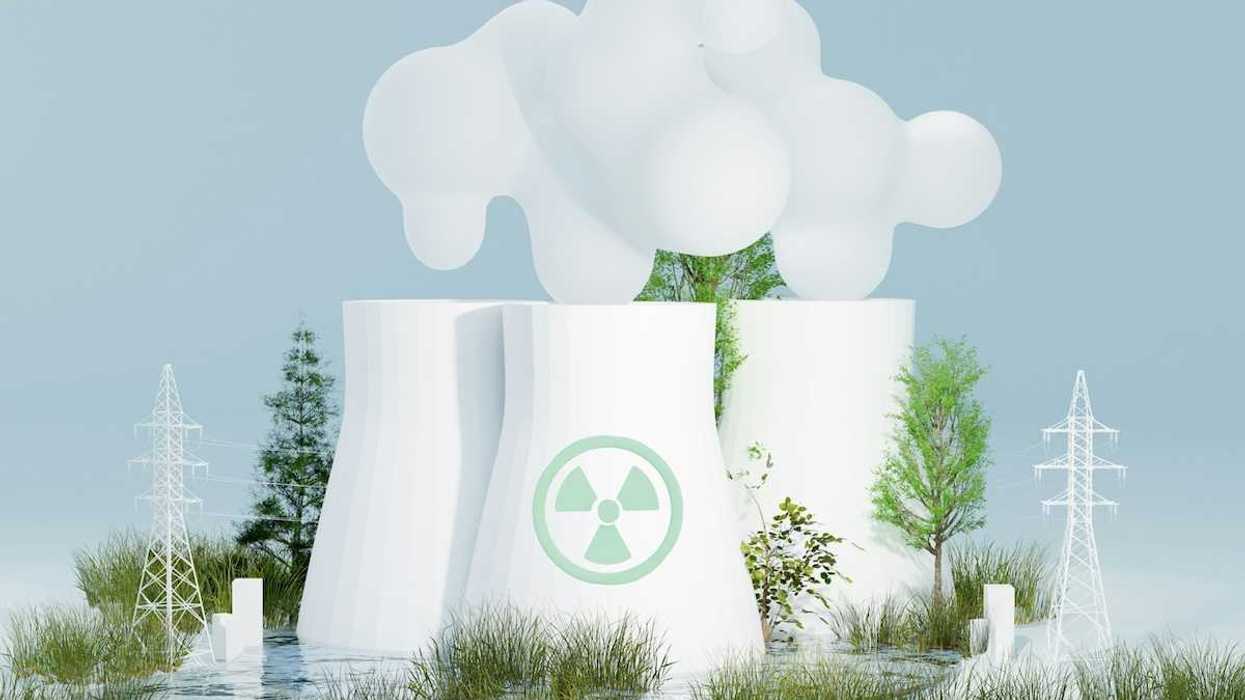Without major emissions cuts, climate change could reduce global GDP by up to 50% by late this century, according to economic modeling from the University of Exeter and the Institute and Faculty of Actuaries.
Jenni Doering reports for Living on Earth.
In short:
- Researchers project that if warming reaches 3 to 4 degrees Celsius by 2070, large parts of the planet could become uninhabitable, triggering social and economic collapse.
- The study challenges earlier economic models that underestimated climate risk by assuming most industries would remain unaffected.
- Climate tipping points — such as ice sheet loss and shifts in ocean circulation — could severely disrupt food production and global stability.
Key quote:
“We’re really trying to look at the existential...risks to the viability of life or economy as we know it.”
— Tim Lenton, professor at the University of Exeter
Why this matters:
A 50% drop in global GDP would mean widespread economic and social upheaval, making the 2008 financial crisis seem minor in comparison. The loss of productive land, disrupted food systems, and climate-driven migration could destabilize entire regions. Insurance companies, long seen as bellwethers of financial risk, are already retreating from areas deemed too vulnerable to climate disasters.
This signals a deeper problem: The global economy is not built to withstand the shocks that a rapidly warming planet is delivering. The study’s findings reinforce a growing consensus among economists and policymakers that climate change is no longer just an environmental challenge. It is an existential threat to economic stability.
Read more: Global climate impacts are set to drastically reduce average income levels by 2050














